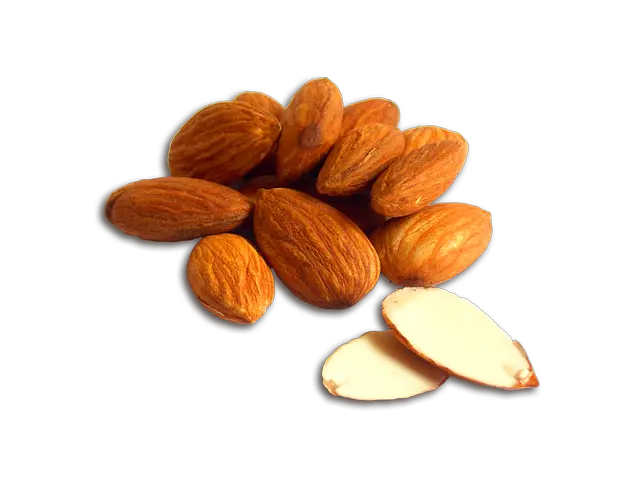
Autumn brings with it many fruits to eat, even for our little furry ones. Can cats eat almonds? Let’s find out the answer together.
Almonds are some of the most succulent fruits of the autumn season; in addition to being delicious, they bring several benefits, if consumed in the right quantity. We are often tempted to share fruit with our pets, especially during a snack. But can cats eat almonds? Here’s what to know.
Can cats eat almonds?
Let’s start with a fundamental premise: fruit is not present in the cat’s natural diet. The feline does not need it and in nature nor does it totally without. This does not mean that he cannot taste the fruit and that in the right quantity it cannot have benefits on his health. But a lot of attention is needed.
It is necessary to respect the innate dietary characteristics of the cat, which is a carnivore. And therefore his diet will have to be based almost exclusively on meat. Only 10% of his menu can find other foods: fish first of all, but also cereals and fruit.
It is very important to act with caution when it comes to feeding the feline: there are so many fruits that are forbidden to cats. Almonds too? Unfortunately, yes, it is absolutely not recommended to feed the cat to eat almonds.
Why almonds are bad for cats
It is good to start from an assumption: the almond itself is not poisonous for the cat. If the cat accidentally ingests an almond, or does so in a moment of distraction, there is no danger of feline poisoning. However, these are fruits that he cannot eat.
Indeed, even by eating almonds in very small quantities the cat would not derive any kind of benefit, and the possible effects could only be negative. First of all, all dried fruit contains high quantities of fats, which the cat is not able to assimilate properly.
If the cat were to ingest an excessive amount of almonds for his body, he could easily run into various problems, ranging from indigestion to vomiting, from diarrhea to kidney problems (in particular there is the risk of this latter disorder when consumption of almonds is not occasional).
When to take your cat to the vet

If the cat were to eat almonds, he could run into several health problems. The first thing to do is to stay calm and keep the situation under control, monitoring the health of the animal.
As mentioned, the consumption of a single almond should not cause any problems for the feline, as it is not in itself toxic for its organism. Therefore the animal may not feel any kind of discomfort. The situation is different in the hypothesis in which the cat shows signs of discomfort.
In this case it is good not to take personal initiatives without adequate medical skills; therefore it will be necessary to take the cat to your trusted veterinarian. It is very important to provide the professional with all the information that can speed up the diagnosis.
This little trick will be particularly useful to understand which food is bad for the cat, especially if you have not had the opportunity to see what it ate. In any case, remember that prevention is always better than cure.
The timeliness of medical intervention is always essential for the recovery of the cat, therefore it is good to note, not to forget, the symptoms that you can find in the animal. If the cat has been vomiting it may be very helpful to collect a sample of the substance rejected by the feline to allow the veterinarian to analyze it.
If you are fond of almonds, but have a cat at home, it is always better to put the dried fruit in a place that is not accessible to your four-legged friend.






